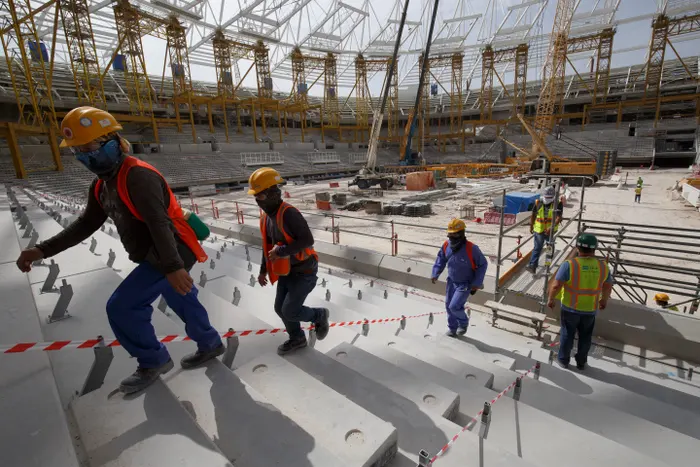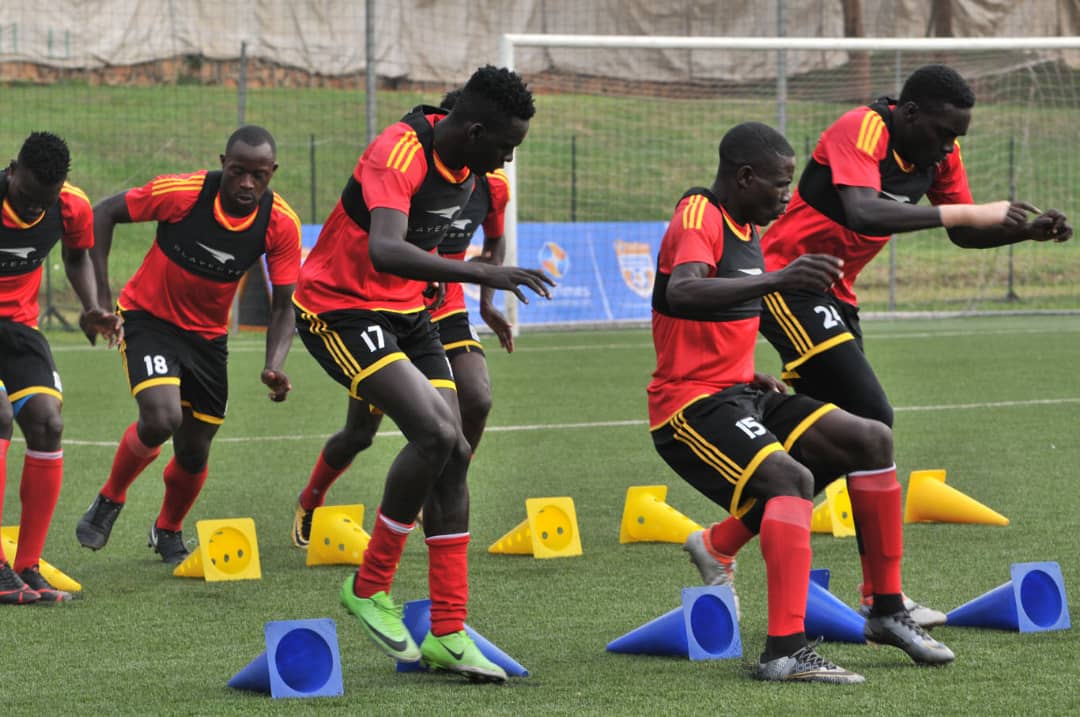President Yoweri Museveni has said while the world is now focusing on the fourth industrial revolution, it should not rule out the second and third revolutions which had serious gaps especially for Africa that still needs to grapple with challenges such as infrastructure development, ICT, human resource development etc.
The President who is accompanied by his daughter Natasha Museveni Karugire today paid a courtesy call on the founder and executive chairman of the World Economic Forum Prof. Klaus Martin Schwab the founder and executive chairman of the World Economic Forum at his offices at Congress Building in Davos, Switzerland.
Professor Klaus Schwab, is convinced that we are at the beginning of a revolution that is fundamentally changing the way we live, work and relate to one another, which he explores in his new book, The Fourth Industrial Revolution.
A range of new technologies that are fusing the physical, digital and biological worlds, impacting all disciplines, economies and industries, and even challenging ideas about what it means to be human, characterizes the fourth industrial revolution.
President Museveni also wooed the WEF chairman to host the next Africa World Economic Forum in Uganda. Last years forum was held in South Africa.
According to the International Monetary Fund, almost half of the 40 fastest-growing emerging and developing countries are in Africa.
Since 2016, almost half of these countries have experienced a change in political leadership, in most cases through democratically held elections.

As a tribute to growing regional cooperation, in March 2018 the African Union launched the African Continental Free Trade Area, which envisions a single market expected to generate a combined GDP of more than $3.4 trillion and benefit over 1 billion people.
The continent however continues to face significant challenges. Geopolitically, new economic alliances are altering traditional relationships and spheres of influence.
Pockets of conflict persist, and fragility is increasingly exacerbated by climate-related environmental vulnerability. With an estimated investment gap of over $1 trillion a year to finance the Sustainable Development Goals, the continent is also challenged to create 18 million jobs per year until 2035 to absorb youthful labour market entrants.

















